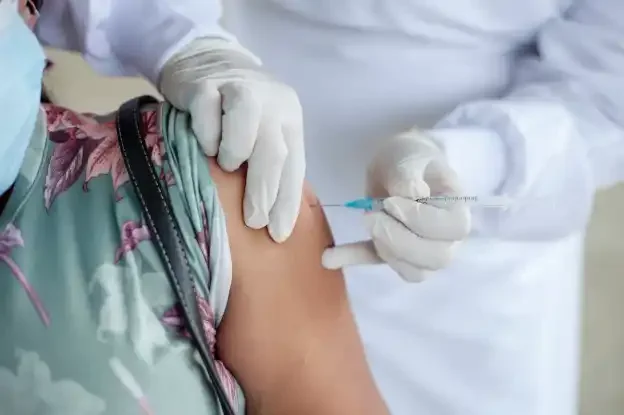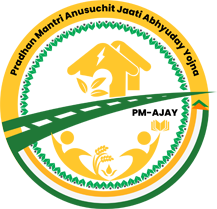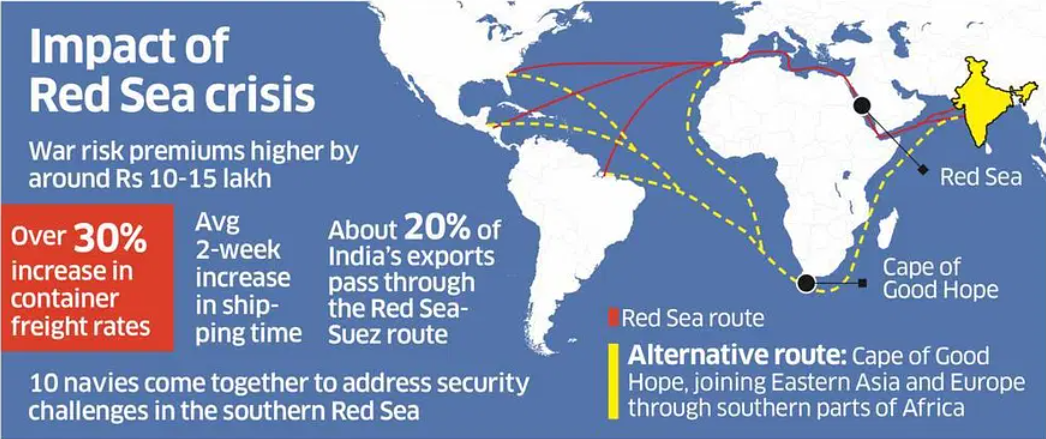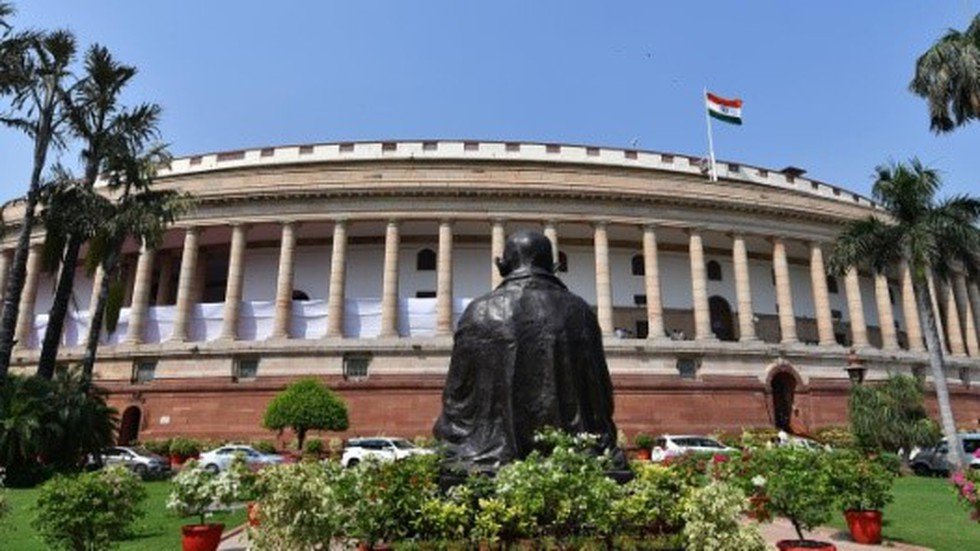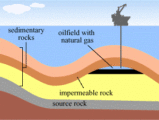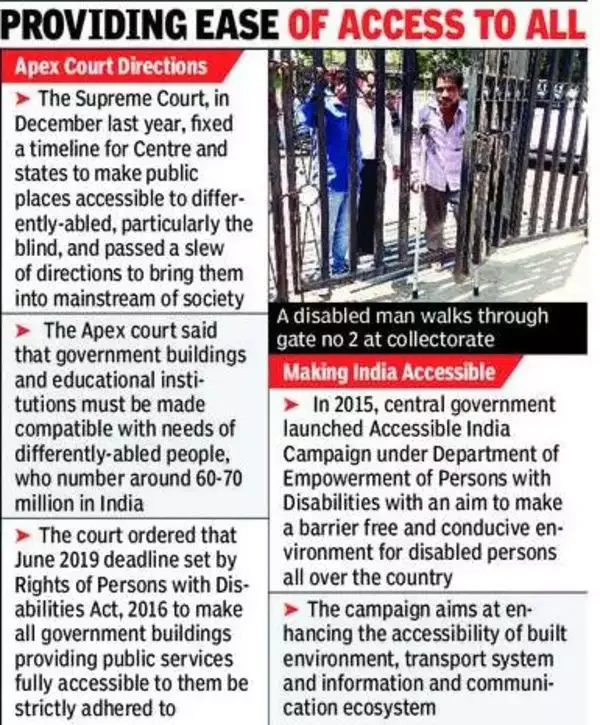
Article 32: ‘Heart and Soul’ of the IC
Subscribers of "Current Affairs" course can Download Daily Current Affairs in PDF/DOC
Subscribe to Never Miss an Important Update! Assured Discounts on New Products!
Must Join PMF IAS Telegram Channel & PMF IAS History Telegram Channel
- Context (ET): Dr Ambedkar considered Article 32 as the heart and soul of the Constitution.
About Article 32
- It provides every Indian citizen with the right to seek constitutional remedy from the SC if they have been deprived of their fundamental rights (FRs).
- Like all fundamental rights, SC has mandatory (not discretionary) jurisdiction for violation of Article 32.
- The Parliament can empower any other court to issue directions, orders, and writs of all kinds without prejudicing the same powers of the SC. “Any other court” does not include the HCs.
- Article 226 has already conferred discretionary and intrinsic writ jurisdiction on HCs.
- The right to move to the SC shall not be suspended except as otherwise provided for by the IC.
- President can suspend the right to move to any court for the enforcement of Fundamental Rights during a National Emergency.
- Article 32 vests the SC with ‘Original’ and ‘Wide’ but ‘Not Exclusive’ powers to enforce FR.
|
Conditions under which the Supreme Court may refuse to grant the remedy
- Res Judicata – Res Judicata is applicable on a writ petition filed under Article 32.
- Habeas Corpus is an exception to this, but it can’t be filed on the same facts more than once.
- Inordinate Delay In Filing Petition – The Court may refuse to grant relief when there is an excessive delay in filing the petition without reasonable explanations.
- Malicious Petition – If a petition is malicious and if it is so found out, it may be liable to be dismissed.
- Misrepresentation or Suppression of Material facts—The Petition can be dismissed at any stage if the Petitioner is found to have misrepresented material facts.
- Existence of adequate alternative remedy – The existence of an alternate remedy is not an absolute Rule of Law, and there can be valid exceptions.
|
Can Article 32 be amended under Article 368 of the IC?
- Article 32 cannot be amended as it is a part of the basic structure of the constitution.
- Kesavananda Bharati v. State of Kerala: The SC established the doctrine of basic structure and stated that the ‘basic’ can’t be amended.
- L. Chandra Kumar vs. Union Of India and Others: The SC declared Article 32 an integral part of the basic structure. Hence, Article 368 does not apply to Article 32.
SC’s observations on Article 32
- Telugu poet Varavara Rao’s case: The SC directed the Bombay HC to expedite the hearing on a bail plea filed on medical grounds, which has been pending since September.
- Journalist Siddique Kappan case: The court asked why the petitioners could not go to the HC.
- Arnab Goswami Case: The SC affirmed that the right to petition under Article 32 is fundamental, stating that any hindrance to it constitutes a significant interference in the justice system.
- Romesh Thappar vs State of Madras (1950), the SC observed that Article 32 provides a “guaranteed” remedy for the enforcement of fundamental rights.
Significance
- Protection of Fundamental Rights – Provide individuals with a swift and effective means to seek judicial intervention when the state or any other authority infringes upon their rights.
- Judicial Review – Enable the judiciary to exercise judicial review over the actions of government bodies, administrative authorities, and other institutions.
- Checks and Balances – Allows courts to review and maintain a system of checks and balances.
- Prevention of Abuse of Power – Acts as preventive measures against the arbitrary exercise of authority by public officials or bodies.
- Promotion of Justice and Equity – Contributes to the promotion of justice and equity by providing individuals with access to timely and effective remedies against injustice, oppression, or unlawful deprivation of rights.
Article 32 and Article 226
|
Grounds of Difference |
Article 32 |
Article 226 |
|
Rights |
Article 32 is a fundamental right under Part III. | It is not a fundamental right; it is a constitutional right. |
|
Suspension |
It can be suspended if the President has declared an emergency under Article 359. | It cannot be suspended even at the time of emergency under Article 359. |
|
Scope |
Limited scope and applicable only for remedy if fundamental rights are violated. | Article 226 has a broader scope and is applicable if either a fundamental right or a legal right has been violated. |
|
Territorial Jurisdiction |
Pan India Territorial Jurisdiction. | Empowers the High Court to issue a writ within its local jurisdiction and has a narrower territorial jurisdiction. |
|
Discretion Power |
The Supreme Court can’t refuse rights and remedies under it. | Article 226 gives the High Court Discretionary power; hence, it is up to the High Court’s wisdom to issue a writ or not. |




![PMF IAS Environment for UPSC 2022-23 [paperback] PMF IAS [Nov 30, 2021]…](https://pmfias.b-cdn.net/wp-content/uploads/2024/04/pmfiasenvironmentforupsc2022-23paperbackpmfiasnov302021.jpg)
